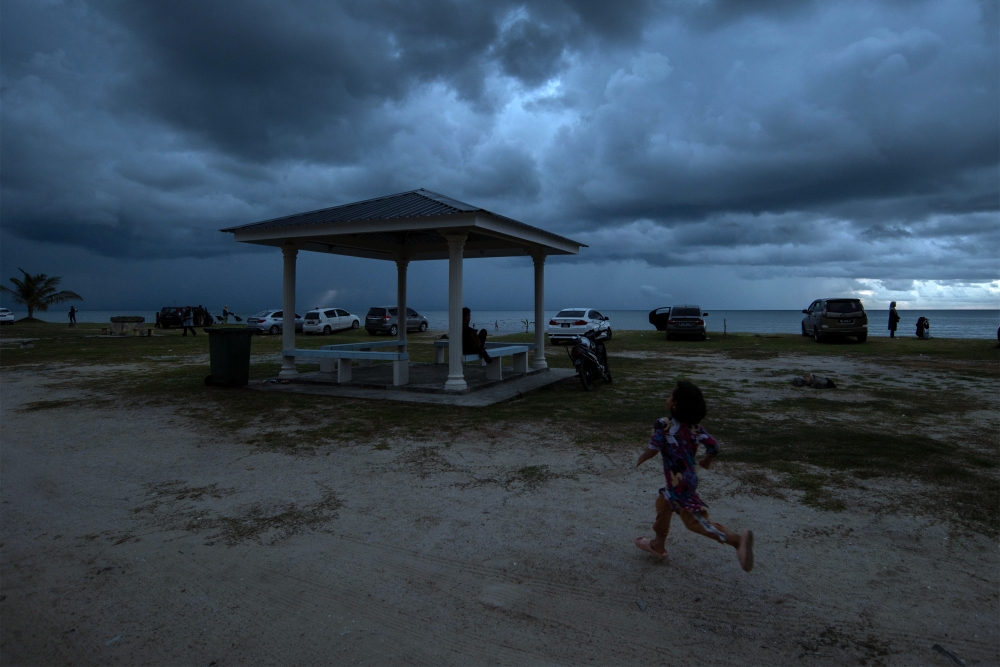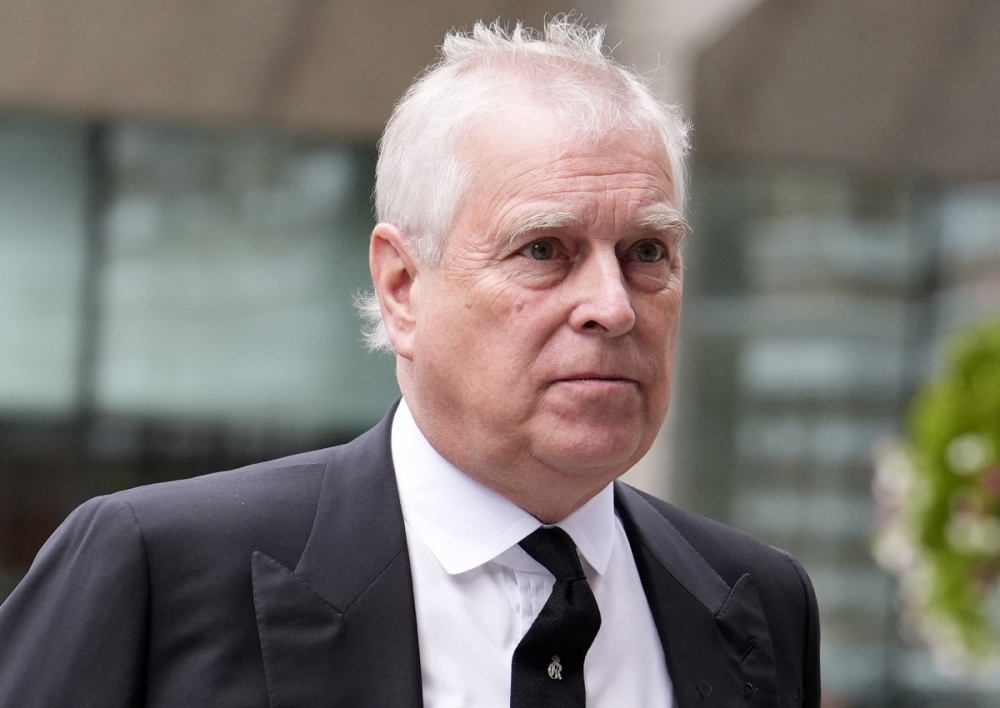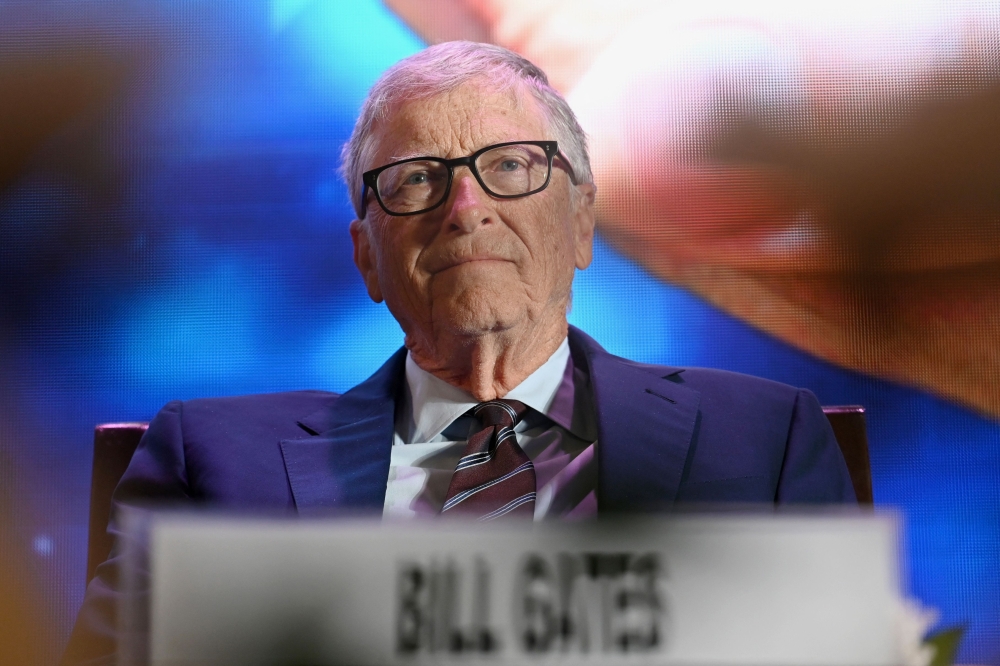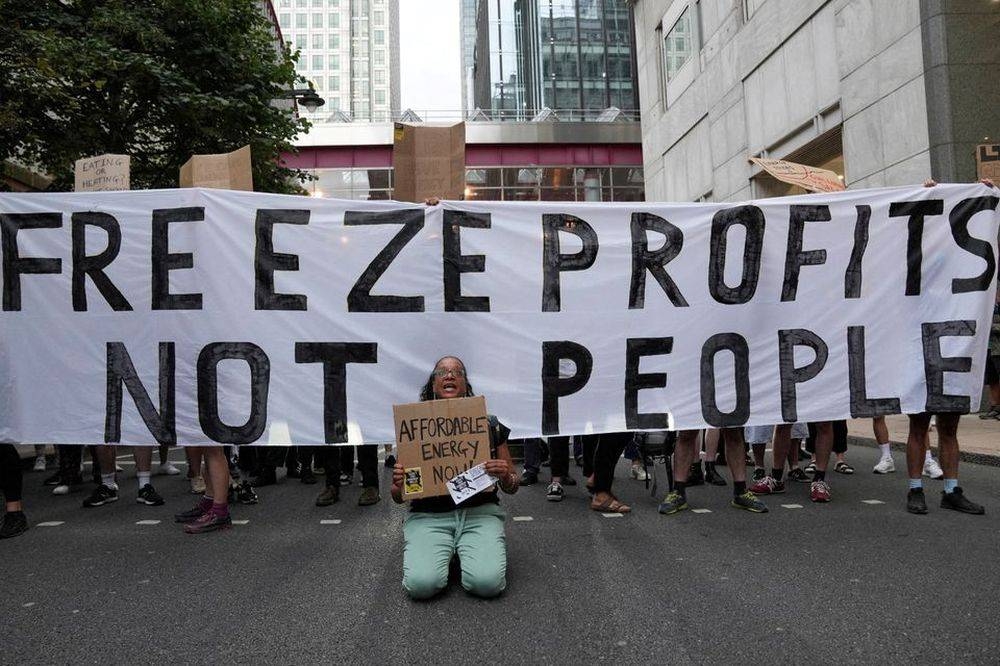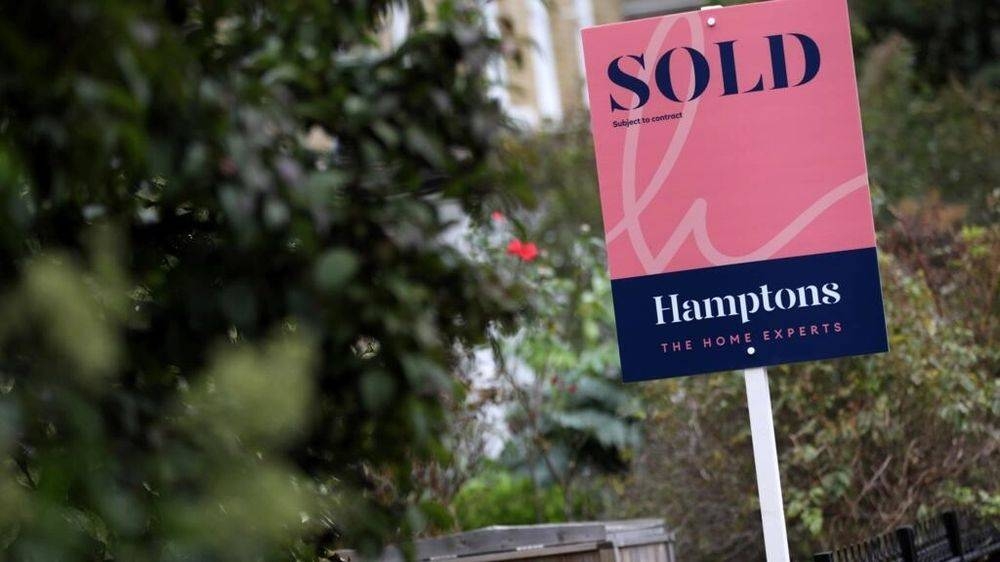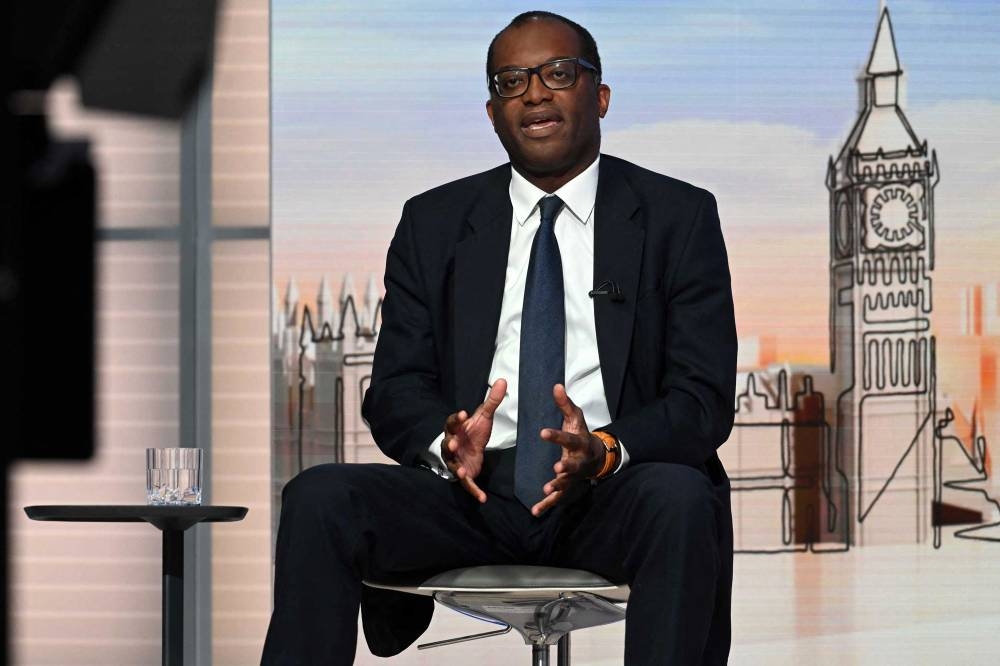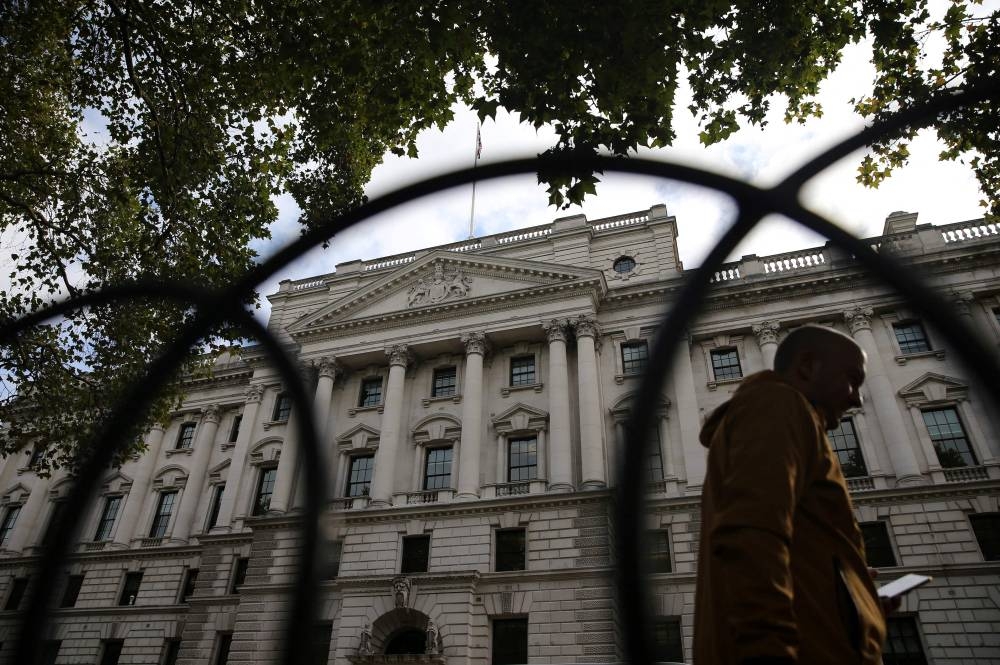LONDON, Oct 2 — Protesters rallied in London and elsewhere around Britain yesterday over the cost-of-living crisis, as the ruling Conservatives geared up for their annual conference insisting their debt-fuelled tax-slashing plans were "credible".
Thousands of demonstrators aligned with various causes and organisations — including environmentalists Extinction Rebellion and Just Stop Oil as well as inflation-focused group "Don't Pay UK" — blocked roads and bridges in London.
People chanting "can't pay, won't pay" burned mock energy statements, as huge price increases to electricity and gas bills came into effect at midnight Friday.
The government has capped the rise at roughly 27 per cent for the next two years — meaning the average household will pay annual bills of around £2,500 (US$2,792) — following several previous dramatic spikes over the last year.
But that could still prove unaffordable for many, and comes amid decades-high inflation that has pushed up the cost of petrol, food and numerous other everyday essentials.
"Enough is enough. It's time to funnel our collective rage into something active and productive," Lily Holder, 29, from southeast London, said as she joined the protests.
"The people want and desperately need change — and they need it soon."
Demonstrators demanding more action to tackle the climate emergency also attended, with the "Just Stop Oil" group demanding the UK government stop all new oil and gas extraction.
- 'Iron grip' -
Meanwhile, protesters turned out in Birmingam to rally against the handling of the situation by the ruling Tories, who kick off their annual conference in the central English city on Sunday.
Following a week of turmoil on financial markets prompted by their September 23 mini-budget, under-fire Prime Minister Liz Truss and her Chancellor of the Exchequer Kwasi Kwarteng arrive on the defensive over the economic package.
The tax-slashing plans, which will dramatically increase government borrowing, went further than many expected, abolishing the top rate of income tax and lifting a cap on bankers' bonuses.
It prompted the pound to drop to its lowest ever level against the dollar.
The turmoil forced the Bank of England to make an emergency intervention to stabilise the situation, amid fears of a collapse in UK pension funds.
After nearly a week of silence, Truss faced a gruelling round of BBC radio and regional television interviews Thursday, before penning an article in The Sun published overnight.
In it, she conceded for the first time that the plans had prompted "short-term disruption", but vowed to press on with them and handle public money with "an iron grip".
Meanwhile, in his own piece in the Daily Telegraph Kwarteng said his ministry will next month unveil a "medium-term fiscal plan" that will set out a path to reducing borrowing, alongside "new fiscal rules and a commitment to spending discipline".
He noted a full forecast from the country's fiscal watchdog, the Office for Budget Responsibility (OBR), would also accompany the plan on November 23.
The lack of an OBR forecast has been cited as one of the reasons for the market tumult that followed the September 23 release of the mini-budget, which cut taxes for the wealthiest amid a cost-of-living crisis.
- 'Something different' -
Opposition politicians, independent analysts and even some Tory lawmakers have assailed the plans as reckless and counter-productive.
But Kwarteng has insisted the package is essential to return the UK, which is tipped to fall into recession imminently, to economic growth.
"Not all the measures we announced last week will be universally popular. But we had to do something different. We had no other choice," he reiterated in the Telegraph.
However, Britons and economic analysts appear unconvinced.
A poll Friday found just over half think both Truss and Kwarteng should resign — less than four weeks after they took office.
Support for the mini-budget has been in the single digits in some surveys.
Also on Friday, the S&P ratings agency said it had revised its outlook for the UK from "stable" to "negative" following the fallout from the mini-budget.
It cited the risk that "the UK's economic growth turns out weaker due to further deterioration of the economic environment, or if the government's borrowing costs increase more than expected".
It comes days after rival ratings agency Moody's warned that Kwarteng's fiscal strategy was "credit negative" and could "permanently weaken the UK's debt affordability". — AFP


